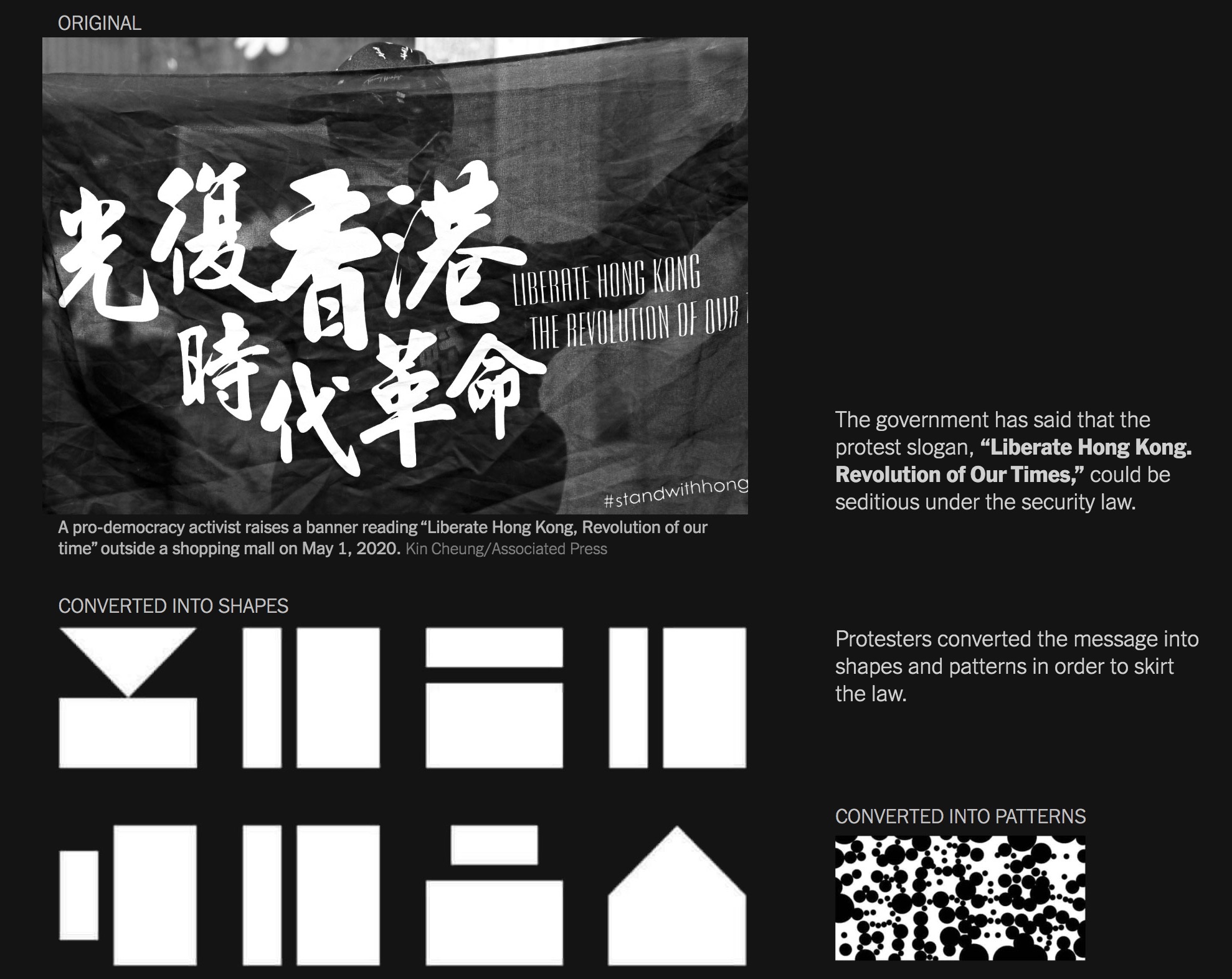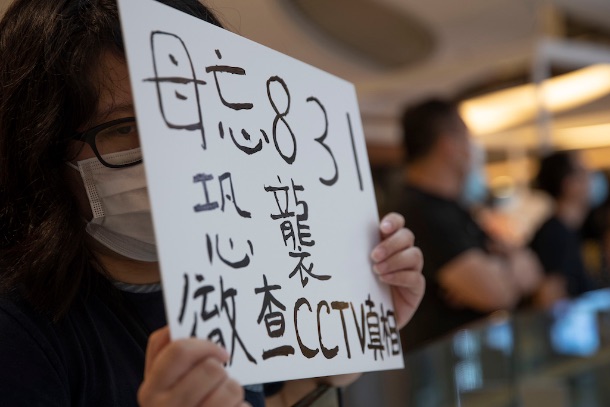"An unchartered situation for all of us"
Ed Silverman, "An unchartered situation for all of us’: From shipping containers to security concerns, a Covid-19 vaccine supply chain takes shape", STAT 9/8/2020 [emphasis added]:
The pandemic has prompted the U.S. government and others across the globe to secure huge numbers of doses from Covid-19 vaccine manufacturers, who are pushing clinical trial timelines like never before in order to get their vaccines ready for use as soon as possible. One or more of these vaccines may be approved by regulators here and abroad in the months ahead.
The effort to distribute those vaccines has accelerated just as quickly. Just as container makers are squeezing more out of their production plants, vaccine makers are busy modeling transportation routes and storage conditions in many countries. Wholesalers are lining up warehouse space and trucks. And freight forwarders and airport managers are expanding security for what will immediately become the world’s hottest commodity.
“I’m more than 30 years in the business and thought I’d seen everything, but it’s an unchartered situation for all of us,” said Larry St. Onge, global life sciences and health care sector president at DHL, which provides a range of transportation services for pharmaceutical products. “The scale of the challenge is going to be very large and there will be a pressing need to eliminate bottlenecks.”
Read the rest of this entry »



